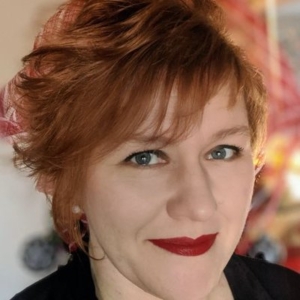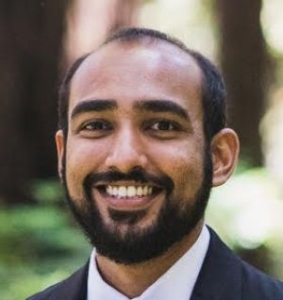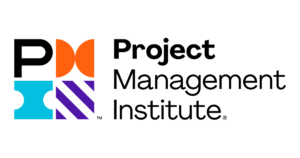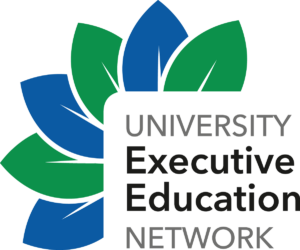Acquire knowledge and skills in the practical aspects of biomedical device development. Gain industry-relevant training in project planning and budget management, intellectual property and regulatory frameworks, and effective and inclusive communication.
UVic Biomedical Engineering – in partnership with the Gustavson School of Business and the School of Biomedical Engineering at the University of British Columbia – is pleased to offer Project Management for Biomedical Device Development with more than 35 hours of combined live online classes and asynchronous material (more than enough to meet the education eligibility requirements of the CAPM or PMP exams with PMI).
For more information on this program, please take a look at the Biomedical Engineering website or contact bme.coord@uvic.ca or lmfitter@uvic.ca
What You Will Learn
The program is divided into three modules which cover three competencies:
1) Project planning and management
- project scoping and stages
- human and financial resources, and time value of money
- development of a Strengths, Weaknesses, Opportunities, and Threats (SWOT) analysis
2) Intellectual property and regulatory frameworks
- patents, trade secrets, industrial designs, and security in the biomedical engineering field
- standards organizations and associated provincial, federal and international agencies
- regulatory frameworks, Good Laboratory Practice (GLP) regulation and certification, biohazard designations
3) Effective communication with stakeholders
- appropriate communication strategies with stakeholders
- effective recordkeeping, including briefing and Situation, Background, Assessment, Recommendation (SBAR) reports
- consultative frameworks, timelines, transparency, and confidentiality
- challenging bias, inclusive strategies, current and emerging analytical frameworks for removing barriers and bias
Upon successful completion, you will:
- receive a certificate of completion from the University of Victoria Faculty of Engineering and Computer Science
Fees and Cancellations
Tuition for this course includes:
- course materials and certificate
Fees: $2,000 (domestic)
Cancellations
A full refund can be issued for written cancellations received a minimum of 21 days before the program start date. Cancellations received with less than 21 days notice will be refunded less a $200 administration fee.
Faculty
Amber McMillan
A diversely skilled professional, Amber McMillan specializes in all aspects of leadership, communication and stakeholder management. She has a unique aptitude for leading complex conversations and works hard to create and sustain productive dialog through team-building exercises, positive motivation and her own contagious enthusiasm.
With tangible credentials and over 25 years of experience in both profit and not-for-profit environments, Amber is committed to learning and growing while continuing to practice her profession. She excels as an empathetic visionary, establishing creative ways forward in complicated multiple stakeholder communities. Often referred to as an ‘agent of change’, with wide-ranging communication and service experience, her passion continues to drive innovation in her work. Amber is eager to share both her successes and failures in benefit to others, reflected in her favourite quote: “Do the best you can until you know better. Then when you know better, do better.” – Maya Angelou
Stakeholders who work alongside Amber appreciate her honesty, transparency, unique insight and tangible advice for immediate use. She currently serves as the Chief Visionary Officer for Rogers Society, President of the local chapter of PMI, Board Chair of the Council for Certification in Volunteer Administration, Board Secretary of Greater Victoria Acting Together and the Executive Educator for Schulich School of Business, University of Winnipeg, University of Saskatchewan and University of Victoria.
Manu Madhav
Manu Madhav is an Assistant Professor for the School of Biomedical Engineering (SBME) at the University of British Columbia.
Manu is a biomedical engineer whose career spans the intersection of robotics and neuroscience. He joined UBC SBME in 2021, prior to which he was a Research Scientist at Johns Hopkins University. His research program aims to understand the algorithmic basis of memory, navigation and planning in the brain. His goals involve both fundamental neuroscience and translation to the diagnosis and treatment of neurodegenerative dementias such as Alzheimer’s disease. He has experience in animal models, human participant studies, device development and clinician engagement. As such Manu brings his knowledge and experience on how to cross disciplinary barriers and speak a shared language between engineers, basic scientists, industry professionals and clinicians.
Manu’s teaching philosophy is that of perspectives leading to extrapolations. In accordance with his interdisciplinary training and research, he seeks to provide learners with multiple viewpoints from which to view, understand and explain the same concept. These may be mathematical, intuitive or experiential – as long as there is a perspective closest to each learner, they have comfortable ground to stand on – and then reach for more distant and rewarding perspectives. Manu makes a conscious choice to be honest and vulnerable as an instructor – admitting to mistakes and failings readily and working with the learners to correct errors and continuously improve the material.
Project Management & Engineering Credits

Engineering Institute of Canada (EIC) Professional Development Hours (PDHs)

Attendees to this program are entitled to 35 Professional Development Hours (PDHs) verified by the Engineering Institute of Canada (EIC).
Frequently Asked Questions
Please head to our department of Biomedical Engineering page for the full list of Frequently Asked Questions





